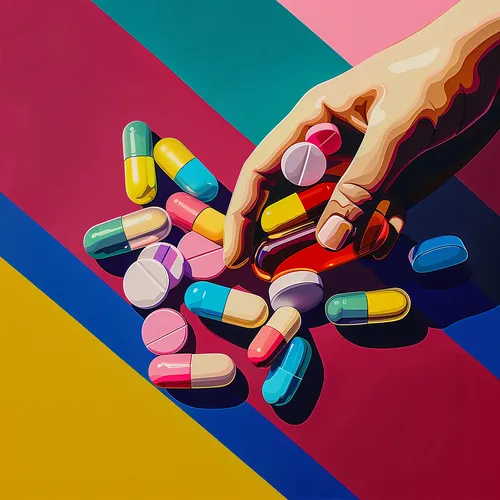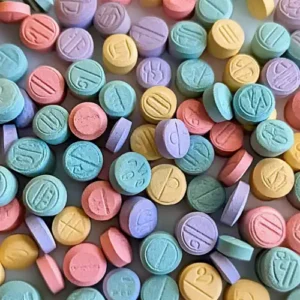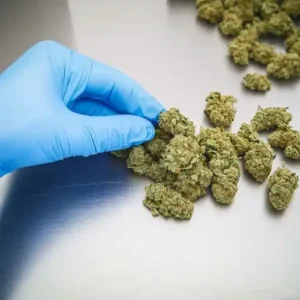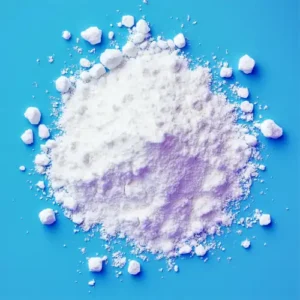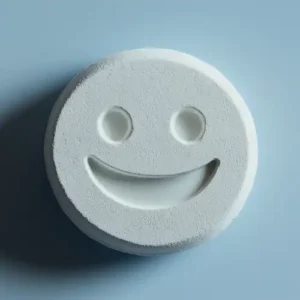Drugs are generally classified as belonging to one of three groups – depressants, stimulants and hallucinogens. (See our article: The Three Main Categories of Drugs). Mixing drugs is never a good idea, for a multitude of reasons:
- Taking two types of similar drugs can be dangerous, increasing the negative risks associated with both.For example, it is not a good idea to mix two depressants like alcohol and heroin.
- Taking two drugs together can make one drug more dangerous than usual.
- The risk of overdose is heightened when you take two drugs together. One drugs effects might cause you to take a higher than usual dose of another drug to feel it’s effects.
Mixing depressants
Depressants affect the central nervous system so that messages between the brain and the body are slowed. This can make you feel relaxed but your breathing and heart rate are also reduced which can be fatal. Using two of the types of drug together can increase the risk of overdose as they both drugs are acting in a similar way on your body. Alcohol, heroin and tranquilisers are all depressant drugs.
Mixing stimulants
Taking a stimulant drug and then quickly taking another, because the effects of the first drug were not kicking in quick enough, can be very dangerous. Strain on the heart and the potential for overdose are just two of the risks that such actions carry. Fatal overdoses are not uncommon. Typical stimulant drugs are Amphetamines and Cocaine.
Mixing stimulants and alcohol
Drinking alcohol at the same time as taking stimulants can be very dangerous, increasing the pressure on the heart and the potential for heart failure. Additionally, mixing stimulants and alcohol can also lead to dehydration, which can further strain the heart and cause damage to the liver and kidneys.
Some common stimulants that may be mixed with alcohol include cocaine, methamphetamine, and prescription drugs like Adderall and Ritalin. It is important to note that even small amounts of these substances can have a significant impact on the body when combined with alcohol.
Mixing cocaine and alcohol
Taking alcohol and cocaine at the same time can result in the production of a poisonous substance called cocaethylene, which is formed in the liver when the two drugs meet. Cocaine is a stimulant drug and taking it at the same time as a depressant like alcohol could hide some of its effects, meaning that the potential for overdose is higher as you need to take more cocaine to get high.
Mixing ecstasy and cannabis
Cannabis is taken by some to smooth out an ecstasy trip. However, this combination could end up making you feel anxious and paranoid rather than calming you down.
In fact, mixing ecstasy and cannabis can be dangerous, as the combination can further increase heart rate and blood pressure, leading to heart problems and other serious health issues. Both ecstasy and cannabis can also impair judgment and coordination, making it more likely for users to engage in risky behaviours and accidents.
Mixing heroin and cocaine use
A speedball is when cocaine and heroin are taken together. This can be a fatal combination as using the two drugs together put excessive strain on the body and this pressure, especially when the drugs are injected, could prove fatal.
Note: Even when cocaine is mixed with other drugs, it can still be detected by cocaine drug testing kits.
The Dangers of Mixing Prescription Drugs
One often overlooked aspect of mixing drugs is the potential danger of combining prescription medications. Many people assume that because these drugs are legally prescribed by a doctor, they must be safe to mix. However, this is a dangerous misconception. Even seemingly harmless drugs like antidepressants or blood pressure medications can have life-threatening interactions when combined.
For instance, mixing certain antidepressants with migraine medications or over-the-counter cough and cold remedies can lead to a potentially fatal condition called “serotonin syndrome.” The symptoms include high fever, seizures, irregular heartbeat, and unconsciousness. Similarly, combining blood thinners with pain relievers like ibuprofen can increase the risk of internal bleeding.
It’s crucial to inform your doctor about all the medications you’re taking, including over-the-counter drugs and supplements. They can then assess the potential risks and adjust your prescriptions accordingly. Never mix prescription drugs without your doctor’s explicit approval and guidance.
The Role of Peer Pressure in Mixing Drugs
While the physical dangers of mixing drugs are well-documented, the social factors that contribute to this risky behavior are often overlooked. Peer pressure, especially among young adults, can play a significant role in encouraging the mixing of drugs.
For example, imagine a scenario where a group of friends is partying, and one person suggests combining ecstasy with alcohol to enhance the experience. The desire to fit in and appear “cool” can override rational thinking, leading individuals to make poor decisions they might otherwise avoid.
It’s essential to have open and honest conversations about the risks of mixing drugs, emphasizing the importance of making informed choices and resisting peer pressure. Surround yourself with friends who respect your boundaries and prioritize your well-being over temporary thrills.
The Impact of Drug Mixing on Mental Health
In addition to the physical consequences, mixing drugs can have severe effects on mental health. Many drugs, particularly hallucinogens and stimulants, can trigger or exacerbate underlying mental health conditions like anxiety, depression, and psychosis.
For instance, combining cannabis with hallucinogens like LSD or psilocybin mushrooms can amplify the effects of both drugs, increasing the likelihood of experiencing a “bad trip.” These intense experiences can lead to long-term psychological trauma and, in some cases, even trigger the onset of conditions like schizophrenia or bipolar disorder.
It’s crucial to be aware of your mental health history and the potential risks associated with mixing drugs. If you’re struggling with mental health issues, seek professional help and avoid self-medicating with drugs, as this can often make the situation worse.
Photo by Avinash Kumar on Unsplash
Zoom Testing is a leading UK drug testing company and a supplier of Drug Test Kits.
This post was originally published in January 2015 and has been updated since.

